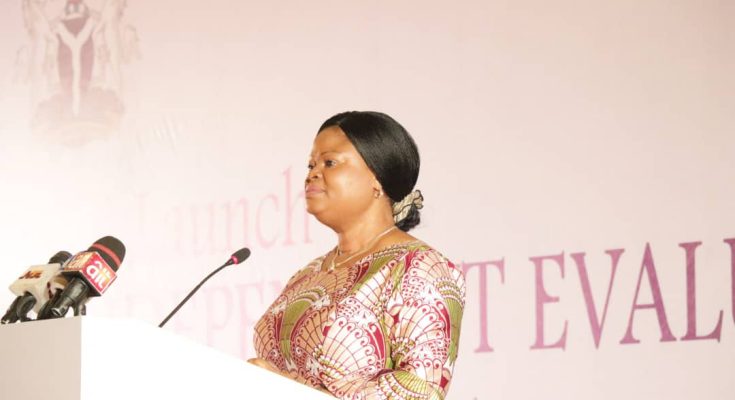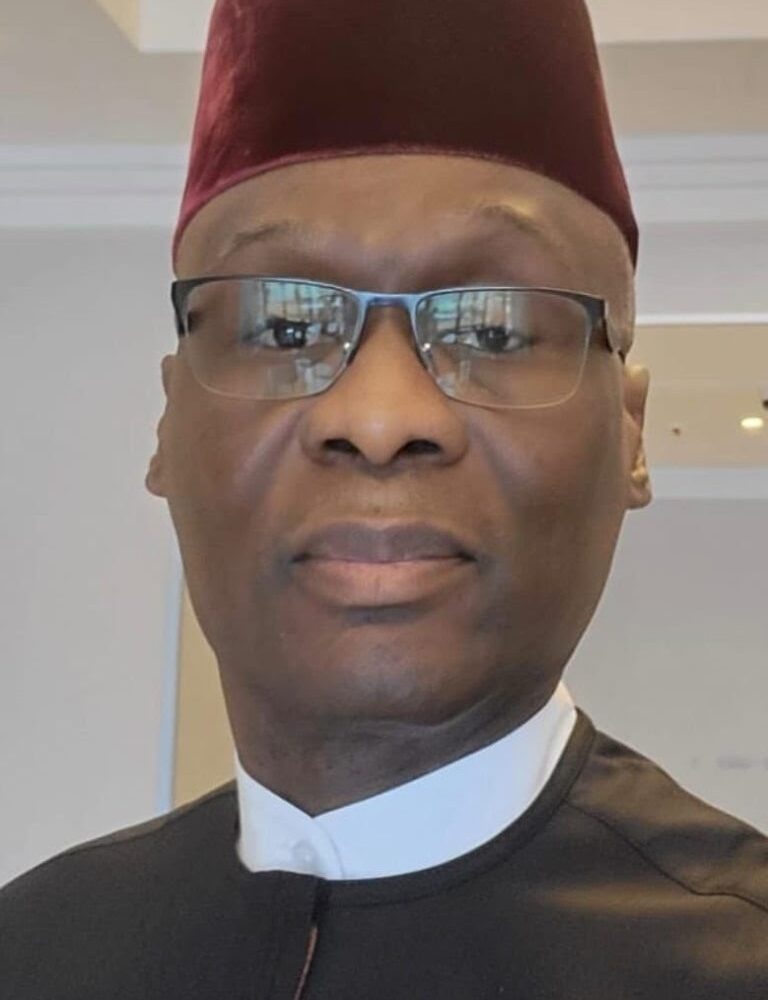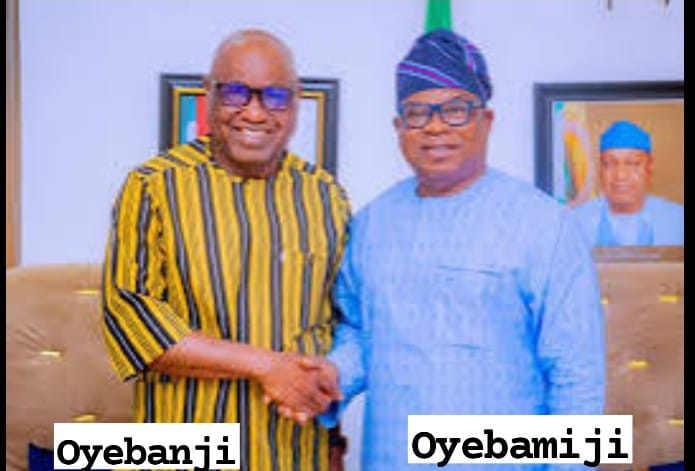The Sustainable Development Goals SDGs that was transmuted from the Millennium Development Goals MDGs soon after the 70th UN General Assembly meeting in 2015, seven years down the line and six years of purposeful leadership convention domesticated in Nigeria, under the management of a foremost politician, technocrat and bureaucrat, The Senior Special Assistant to the President on the program in Nigeria, Princess Adejoke Orelope-Adefulire had prioritized the fight to reduce poverty, idleness, unemployment, sufferings of Nigeria in accord with sub-national, federal lawmakers geared towards providing meaningful engagements to Nigerians across all strata.
In line with the Goal I, 2 of SDGs and 17 goals of the global program, the idea of fighting poverty in all ramifications and forms was the concerted efforts of provision of useful engagements to Nigerians to address not only acute poverty, lack and wants, but social problems through bringing an end to hunger, with the provision of basic necessities of life, achieve food security, through promotion of sustainable agriculture towards guaranteeing social and economic security.
These two cardinal goals was an in road towards the success of Goal 3, 4, therefore with the glaring interrelationship between the first four goals , domesticated in Nigeria both at national and sub -national level will be the cynosure of development and advancement of Nigerians in the present dispensation.
In line with the UN General Assembly declaration, SDGs in Nigeria had not rest on its oars by its leadership to ensure the compliance to the global goals, but also the demands of ordinary Nigerians towards social security across the country.
No nation will tend to have achieve these goals in atmosphere of glaring impossibilities and government inactions against the background of global template and interventions.
SDGs in Nigeria through interventions in the last six years had also mobilised sub- national, federal lawmakers through the National Assembly that put Goal I, 2 on a first line charge through the establishment of skill acquisition/ development, capacity building and development centres across the country, construction of Enterpreneurship centres across the six geopolitical zones in the country, encouraging the Federal lawmakers not only to train, retrain their constituents on skill development, but transfer knowledge through institutionalization of the programs.
The sic mega enterpreneurial development and training centres had institutionalized skill development and capacity building in Nigeria far from ordinary political and quasi government arrangements.
To ensure its domestication in Nigeria, SDGs did not only serve as a vehicle for skill advancement, it also commence a program of engagements of fresh graduates in skill and enterpreneurial development,as it provided the NYSC camp in Ogun state with a state of the art skill development and capacity building and expected to go round other camps across the country.
To achieve 2015 declaration and it’s drive towards the decade of action of 2020-2030 agenda for economically stable future, sustainable social inclusiveness, environmental resilient in accordance with SDGs 17 goals , I69 targets and 230 performance indicators, the program in Nigeria redirected it’s energy with concerted efforts that aligned it’s statistical data/system by NBS to enable it track and monitor it’s activities, as well as access stakeholders inputs with the assistance of the software and technical know how devoid of manual assessment.
To bring an end to poverty, safeguard our planet, ensured peace and security and to address other artificial and natural phenomenon like the world ravaged pandemic of COVID, Endsars in 2019, 2020 that occasioned not only social problems, but job losses to about 33% , grew unemployment rates to 33M according to NBS.
In anticipation of any unforseen circumstances, SDGs had provided across the country 1,150 skill acquisition centers through interventions, in addition to those established at the sub-national level, and continuous interventions by federal and state lawmakers with SDGs supervising some of the ones provided by the National Assembly.
The provision of the skill acquisition and empowerment centers had trained many Nigerians including some graduates to complement their professional calling in all areas.
Since skill development, enterpreneurial training and capacity building had become a global target in view of the dearth of white collar jobs, fresh graduates in Nigeria had benefited alot using the provision of the equipment by SDGs, sub-national level and those provided by federal lawmakers under the guide of the global agency, SDGs.
With the Voluntary National Review VNR 2020, Nigeria’s National Development 2021-2025, it had provided aside the six geopolitical, and across the country influenced capacity building and skill acquisition centres in all the Federal constituencies in Nigeria and 109 senatorial districts across the country, that had trained millions of Nigerians in different enterpreneurs and skills, as well as provision of starter parks and take off grants to macro, micro and MSMEs trainings.
This had brought about meaningful engagements to Nigerians, brought relative stability to Goal 3, 4, as the program cannot operate in isolation without basic necessities of life.
The success story of independent evaluation reports presented by SDGs in Nigeria recently was a fall out of adequate provision and attention for Goal I, 2 domesticated across the country.
Not done with the series of achievements, SDGs recently launched a mega skill development and capacity building centre in Osun State and lately in Bayelsa State, as this was geared towards further promoting skill development in Nigeria inline with SDGs and ITF template to explore the skill areas of many Nigerians.
The ongoing execution of 2022 capital projects by SDGs by federal lawmakers in the National Assembly, at the global SDGs and at sub-national level will further encourage many Nigerians from relying more on white collar jobs, but continue to explore skill and enterpreneurial development as a new norm in the developed and developing worlds.
SDGs in Nigeria under the leadership of Princess Adejoke Orelope-Adefulire SSA to the President on the program is determined to drive the program to it’s logical conclusion, in accordance with UN General Assembly declaration and goals.
ABUBAKAR YUSUF Wrote from Abuja, All inquiries to yus.abubakar3@gmail.com.





